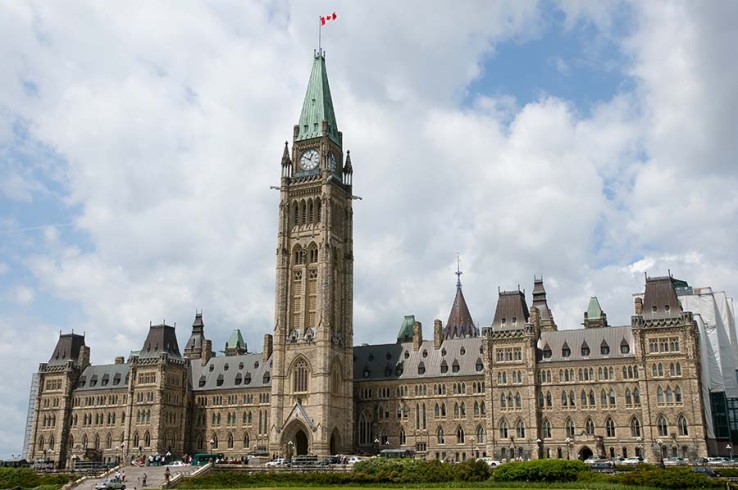Aboriginal politics, jobs and the upcoming election
This is a federal-level election year in Canada, and Canadians once again are hearing campaign promises being made by the political parties wanting their vote. For the Aboriginal people of Canada, this is no different but for them it is regarded with an even deeper regard of cynicism and apathy.
Native Canadians have very little reason to have an otherwise more optimistic outlook, despite now having the influence to give the Harper Conservatives either a majority or a minority government (according to an announcement released by the Assembly of First Nations). The relationship between Canada’s First Nations’s citizens and past federal governments has been anything but rosy, and recent acts done by the Harper government — environmental policies which have eroded treaty rights, the cutting of funding for everything from political advocacy to healing foundations and homeless shelters, and ignoring both the Idle No More movement and the calls for addressing the crisis regarding missing and murdered indigenous women and girls — have given very little reason for a demographic of the Canadian population which suffers an unemployment rate far worse than the national average to have any hope of finding not only a job, but a steady well-paying one.
The unemployment crisis of Native Canadians has not come from lack of trying from both sides. For most Canadian Aboriginals who now live in large cities instead of reservations, they have softened their stance that the First Nations is a sovereign state within Canada, and are now willing to use the parliamentary and judicial institutions as agents of change for their community. As for the major parties, they seem to get the message that First Nations issues such as chronic unemployment among natives are important: 49 candidates running in this are of indigenous ancestry and the major political parties have not stopped at just showing Native Canadian faces pounding the campaign trail.
For the Conservatives government who are fighting to keep their majority in Parliament, their last budget included $215 million to provide skills development and training for Aboriginal peoples, and $500 million toward building and renovating schools on reserves. For the Liberal Party, working with a strategy that a strong education will lead to improved employment opportunities, promises for an additional $50 million per year for post-secondary student support, and initial funding of an extra $515 million a year for core education in First Nations schools (K to 12) for a total of $2.6 billion in new funding over four years as part of their election platform. The Green Party promises to remove the 2% funding cap on First Nations education, and fully fund the $424 million program backlog. While the NDP has not yet released any part of their election platform that specifically addresses native Canadian employment issues, Thomas Mulcair has stated it is time for, “a new era, one that embraces a true nation-to-nation relationship, built on respect, and above all, makes meaningful progress when it comes to bringing about change” when working with First Nations people.
These are bold statements and grand promises, but Canadians in general have heard such statements and promises before which were never kept, and Native Canadians are no stranger to this as well. A large proportion of Aboriginal Canadians still face deteriorating conditions of daily life. Cutbacks to needed government programs for Native Canadians continue in the name of so-called fiscal responsibility and austerity. Opportunities to improve First Nations education that would lead to better employment opportunities for Aboriginal young people have come and gone. It’s no wonder on-reserve voting during federal elections averages around 45%.
Despite this the need to address poverty and employment issues that First Nations people face is still there and it’s becoming more urgent something must be done. With the political voting power Aboriginal people now possess, perhaps change will finally come for a people who wish the same thing Canadians in general desire: a chance to work.



Comments